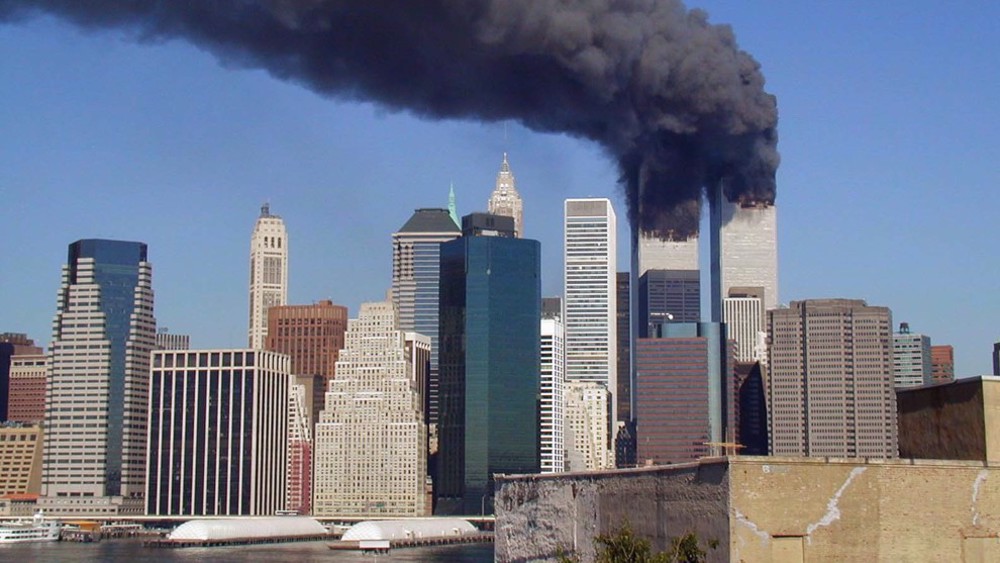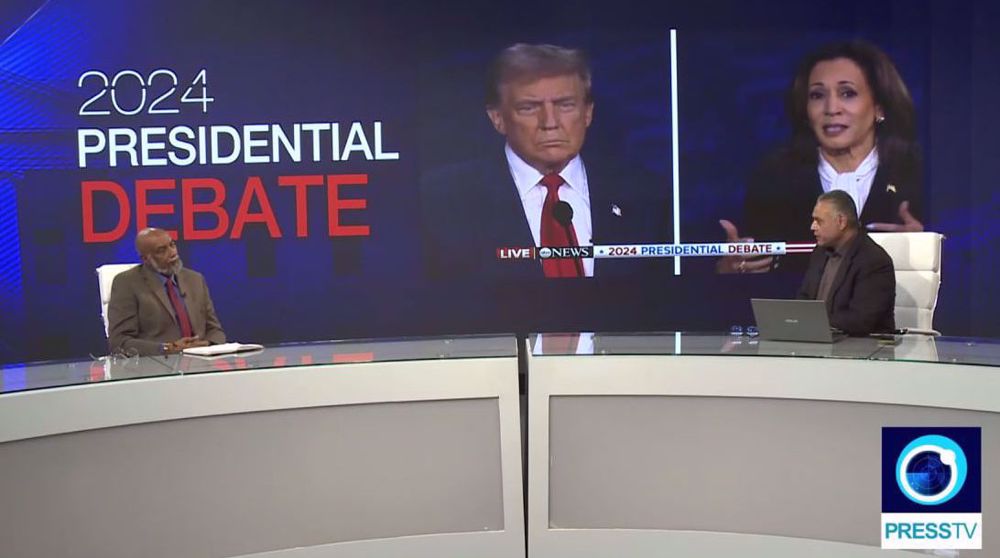US trying to destroy Iran nuclear deal: Columnist
The US ambassador to the UN has called for inspection of the Iranian military sites to verify Tehran’s compliance with the Joint Comprehensive Plan of Action (JCPOA), but the International Atomic Energy Agency (IAEA) has underlined that there is no need for such monitoring.
To discuss the issue, Press TV has interviewed Jim W. Dean, managing editor and columnist of Veterans Today from Atlanta, and Jim Walsh, research associate with the Massachusetts Institute of Technology from Boston.
Jim Dean said the US authorities are trying to find a way out of the 2015 nuclear agreement in a bid to impose more sanctions on Iran and undermine its economy.
“The US wants to destroy and recoil those deals by being able to put banking sanctions in place which will kill a lot of financing, because they don’t want Iran to become an economic power,” the analyst said on Friday night.
He also said the US government is upset that Iran is absorbing foreign investments in the face of US-imposed sanctions.
“Israel and the US don’t want Iran to become a big economic power and neither do the [Persian] Gulf states, neither do Israel and many of the Arab states,” Dean added.
US President Donald “Trump is going to do everything he can to bust the Iran deal by finding Iran in noncompliance,” he noted.
However, he emphasized that “Iran is not about to do anything to risk ruining the nuclear deal and to put [foreign] investments at risk.”
The nuclear deal was reached between Iran and the P5+1 countries — namely the US, Russia, China, France, Britain, and Germany — in July 2015 and took effect in January 2016. Unlike America, other signatories to the JCPOA have stood by the accord, which called on Iran to cap on its nuclear activities in return for the removal of nuclear-related sanctions.
Jim Walsh, the other contributor on the panel, said US Ambassador to the UN, Nikki Haley, is “acting on her own” to push forward her own position because she may have “larger ambitions” to become next secretary of state after Rex Tillerson.
“If the US pulls out of the deal, the US would be blamed for that and then Iran would have lots of strategic choices and options,” the researcher warned.
Elsewhere, he said, “Iran is playing wisely,” because the Iranians continue to stay committed to the nuclear agreement and they could have their relationship with Europe, China and Russia.
On March 21, 2017, European Foreign Policy Chief Federica Mogherini strongly supported the nuclear deal, warning the Trump administration that renegotiation of the July 2015 agreement is not possible.
Resistance movements condemn Israeli killing of Hezbollah spokesman
Biden allows Ukraine to use US missiles to strike inside Russia: Sources
OIC condemns Israel’s war crimes against Palestinians in Gaza
Iran FM slams reported EU plans to impose sanctions on IRISL
VIDEO | Press TV's News Headlines
Lebanon army says Israeli attack kills two soldiers in south
Iran launches renovation project at its main oil export terminal
Trump's re-election will not affect Iran-China strategic ties: Leader’s aide














 This makes it easy to access the Press TV website
This makes it easy to access the Press TV website